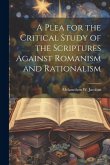John Fletcher Hurst (1834-1903) was a bishop in the Methodist Episcopal Church and first Chancellor of the American University in Washington, D.C. An excerpt from this text on rationalism reads, "The author would probably never have studied the genetic development of Rationalism in Germany, and its varied forms in other countries, if he had not been a personal witness to the ruin it had wrought in the land of Luther, Spencer, and Zinzendorf. In compliance with the instruction of a trusted medical adviser, he sailed for Germany in the summer of 1856, as a final resort for relief from serious pulmonary disease. But, through the mercy of God, he regained health so rapidly that he was enabled to matriculate in the University of Halle in the following autumn, and to be a daily attendant upon the lectures of such men as Tholuck, Julius Mueller, Jacobi, and Roediger. From some theologians he heard Rationalism defended with an energy worthy of Wolff and Semler; from others with a devotion worthy of the beloved Neander. In the railroad car, the stage, the counting-room, the workshop, the parlor, and the peasant-hut, Rationalism was found still lingering with a strong, though relaxing grasp. The evangelical churches were attended by only a few listless hearers. His prayer to God was, May the American Church never be reduced to this sad fate."
Hinweis: Dieser Artikel kann nur an eine deutsche Lieferadresse ausgeliefert werden.
Hinweis: Dieser Artikel kann nur an eine deutsche Lieferadresse ausgeliefert werden.

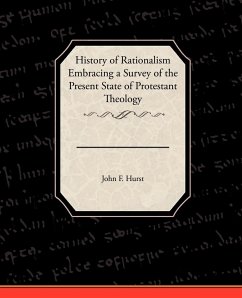
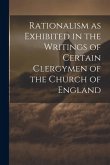

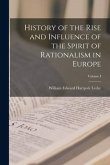
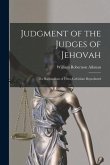
![A Letter to the Lord Bishop of London, in Reply to Mr. Pusey's Work [An Historical Enquiry Into] the Causes of Rationalism in Germany A Letter to the Lord Bishop of London, in Reply to Mr. Pusey's Work [An Historical Enquiry Into] the Causes of Rationalism in Germany](https://bilder.buecher.de/produkte/68/68809/68809632m.jpg)
